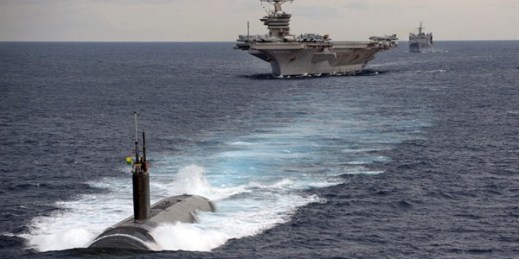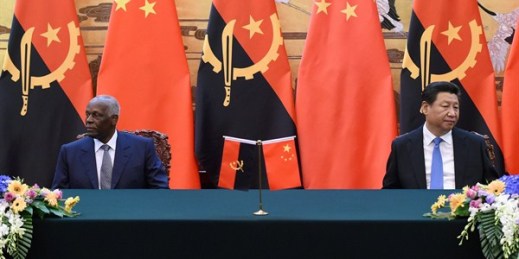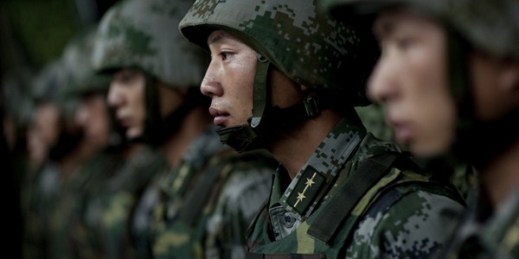
Last month, after years of hedging on the issue, India agreed to include Japan as a permanent participant in its annual Malabar naval exercises with the United States, set this year for October. Japan has participated in the Malabar exercises before, but only as an invited observer. The decision to expand the Malabar exercises is a significant turning point not just for India’s role in the region, but also for the development of the trilateral relationship among the U.S., Japan and India. This long-underperforming trilateral partnership brings together the U.S. and the two largest and most influential democracies in the […]



